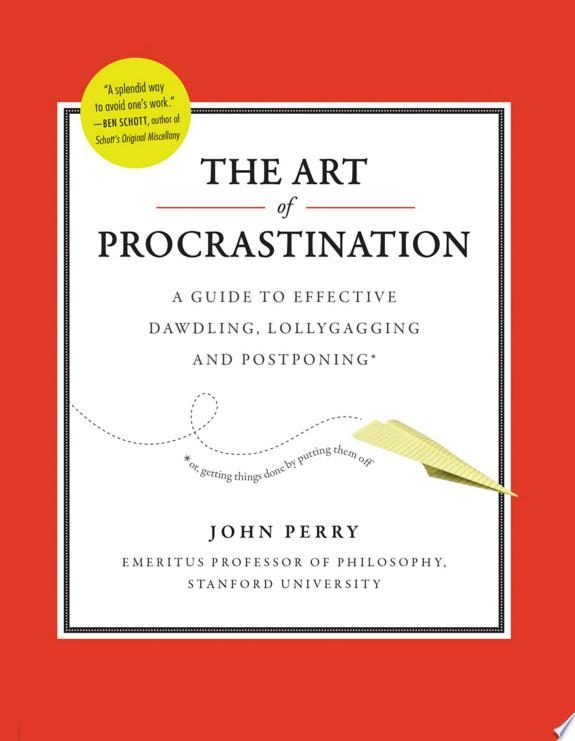Michael Sean Quinn, Ph.D, J.D., Etc.
1300 West Lynn #208
Austin, Texas 78703
(o) 512-296-2594
(c) 512-656-0503
mquinn@msqlaw.com
V. Some Theoretical Foundations
Some how or another, I forgot (or simply failed) to publish this short essay months a go. It makes no sense to read it unless one has read the previous essays concerning the topic mentioned above. Don’t even try! It would be pointless.
In advance, the reader should know the authors’ outlook–their theoretical thesis–and mine are not the same. (1) They love that which has the appearance of being objective, and they are convinced that the natural and objective looking social sciences are a principal source of reliable information. (2) They adhere (more or less) to the ancient ideas of Aristotle: The good life is to be found by the exercise of knowledge, reason, and moderation, all bundled together.
In advance, the reader should know the authors’ outlook–their theoretical thesis–and mine are not the same. (1) They love that which has the appearance of being objective, and they are convinced that the natural and objective looking social sciences are a principal source of reliable information. (2) They adhere (more or less) to the ancient ideas of Aristotle: The good life is to be found by the exercise of knowledge, reason, and moderation, all bundled together.
I admire Aristotle–and the Aristotelian–greatly; he is a great figure of true wisdom, although there are few writers of prose of his length and level of difficulty, who are as boring as he is and/or who make as many mistakes as he does. (Of course, this is true of all ancient fact-focus “literature.”) Naturally, the authors do not make the same mistakes about natural “science” as Aristotle did, although I admit that I think that they may respect university-based psychology too much. In addition, he is profound and they are not. Then again, who is. Of course, the truth of this observation does not make then unhelpful.
Now where did Aristotle go wrong about man? Consider the following three.
First, very few proposition are actually known; we need to be much more skeptical than Aristotle thought. This creates substantial doubt about Aristotle’s reliance on what he thought about knowledge with respect to the nature of man.
First, very few proposition are actually known; we need to be much more skeptical than Aristotle thought. This creates substantial doubt about Aristotle’s reliance on what he thought about knowledge with respect to the nature of man.
Second, reason (the logical and the empirical) is not the only source of man’s near-to-knowledge. Intuition, insight, transcending consciousness (maybe), connections with the symbolic, openness to poetry and insights (if any) from the spiritual, emotions (such & such type of) love, hatred empathy, disdain and admiration, that which generates tolerance, on the one hand, and what generates its opposite, on the other, and so forth.) Of course, most of these are beyond the outlook of most lawyers.
Third, I have no idea what genuine moderation really is. (Were the abolitionists really moderate, except for John Brown? Is civility always too “short” with moderation? Should we always be moderate? Is moderation always such a good thing?
It is obvious that my view includes elements of irrationality as sources of knowledge, such as it is. And that includes the idea that if moderation is a middle ground–as Aristotle seemed to have thought–then moderation is sometimes a bad idea.
Having said all this, I must acknowledge that “the Authorial Team” is not entirely inclined to the Aristotelian points of view. Perhaps the most prominent one is their encouragement of meditation as a source of happiness. Alas, they do not explore which types of meditation they are referencing. Then again, perhaps nobody know that sort of thing, especially “gooey-&-gooiery-rues.”
At the same time, their outlook seems to house no–or little–room for the use of psychological therapy on what used to be called neuroses and which are often now called “disorders.” So far as I can tell, only Jung is mentioned; little is said about him and nothing about his therapeutic techniques; nothing is said about the fact that he is regarded as an exotic minority character; and nothing is said about the other “therapeutic greats.”
Similarly, nothing is said about related drugs. Some of them can be quite helpful, for some people some of the time. Anti depressants are like his, as are those dealing with anxiety. Some “university-based”-scientific testing–one of their basic “loves”–is going on with respect to some harmful conditions, like alcoholism. These absences are odd, since the use of them may be quite rational, not to mention at least partially curative, under some circumstances, part of the time.
Curiously, one of the author’s (implied) heroes, Aristotle, would probably be entertained by the use of some of the author’s conclusions if considered rational, had he known about them, so long as they worked and did no harm.
Nevertheless, whatever our differences, I acknowledge straightaway that there is much wisdom to be found in this book; I may not be entirely fair to the authors when I reduce their insights to recommendation; and I may not be be really sympathetic, when I say that their tables of question for inducing happiness, are too complicated to be really helpful.
With regard to Aristotle, there is a profound appreciation of his work as to ethics and law among other things to be found in Anthony T. Kronman’s THE LOST LAWYER (1993). He emphasizes such ideas as practical wisdom and deliberations (as opposed to advocacy simpliciter), prudence, virtue, traits of character, and what he calls “detached sympathy.” These are all parts his conception of the ideal lawyer, a lawyer he calls “the lawyer-statesman,”–alas, an unfortunate name since not really descriptive, except for the fact that Yale law professor Kronman* emphasizes civic mindedness as part of his portrait of the ideal. At the same time Kronman accepts what he takes to be the Aristotelian conception of ethics and legal reasoning as being “asystematic,” non-geometrical in rigor, and messiness at its core. (Since 2008, Kronman has also been “Counsel” at the law firm of Boies, Schiller & Flexner LLP.)
Another of Kronman’s ideas is that being able to think multi-dimensionally from a conceptual and reasoning point of view, i.e., there are different ways of “seeing” the same thing. He sees this as a result of having sympathy. He compares it to wearing bifocal lenses.
Kronman takes his idea as a road to happiness for lawyer, at least impliedly. David Brook makes this point explicitly so bar as “bifocalism” is concerned. See David Brooks, Why Elder Smile, NYT OpEd December 5, 2014. [The last three paragraphs were added on December 6, 2014.]
Another of Kronman’s ideas is that being able to think multi-dimensionally from a conceptual and reasoning point of view, i.e., there are different ways of “seeing” the same thing. He sees this as a result of having sympathy. He compares it to wearing bifocal lenses.
Kronman takes his idea as a road to happiness for lawyer, at least impliedly. David Brook makes this point explicitly so bar as “bifocalism” is concerned. See David Brooks, Why Elder Smile, NYT OpEd December 5, 2014. [The last three paragraphs were added on December 6, 2014.]





Recent Comments